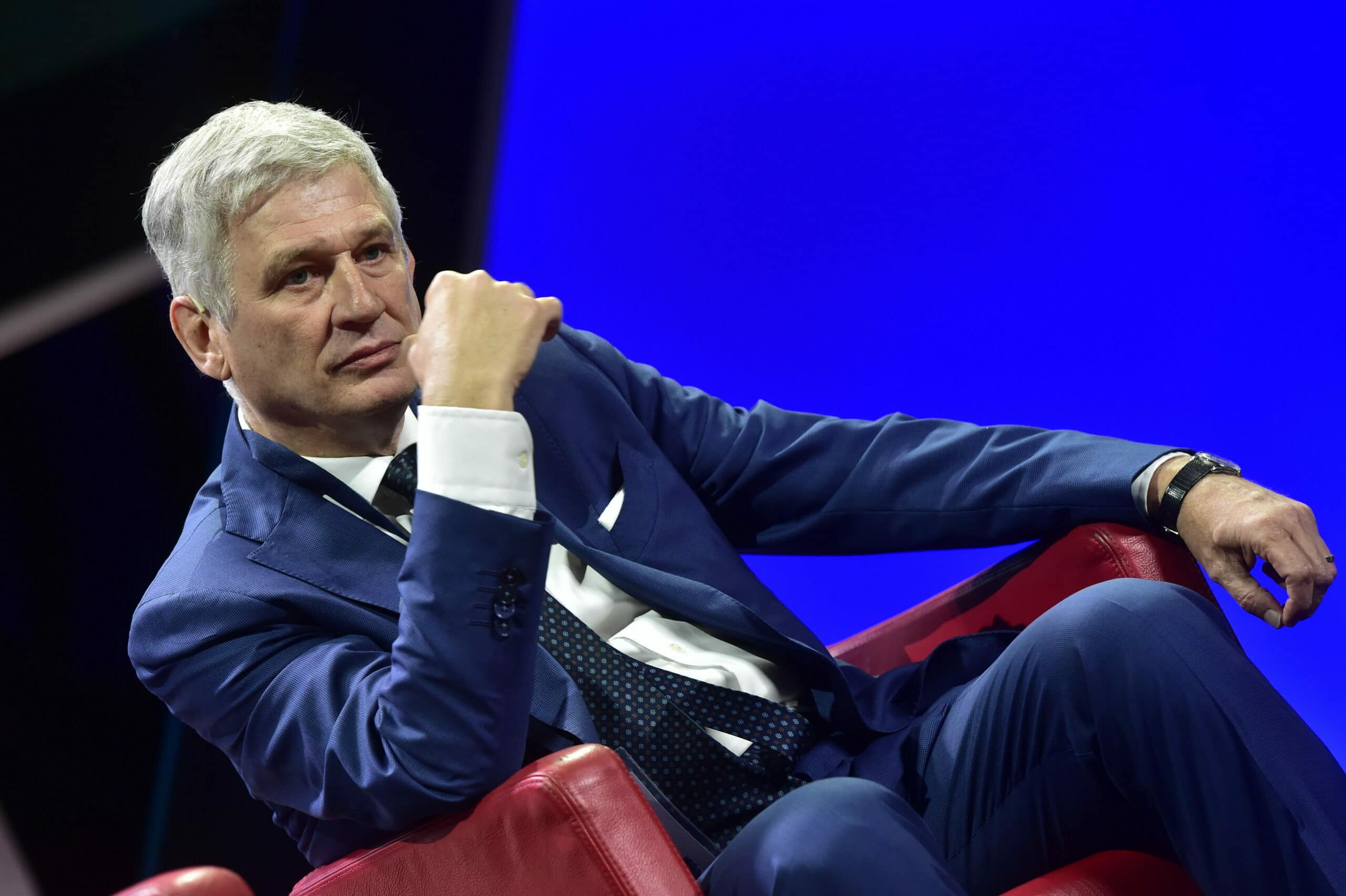Formiche held an online talk featuring ambassador Piero Benassi, diplomatic advisor to Italy’s PM and key organiser of the G20 and COP26 global conferences. From multilateralism to global recovery, green commitments and commerce, here’s how Italy intends to drive the action
Piero Benassi’s CV speaks for itself. After a lengthy career as an ambassador – his most recent stint was in Berlin – he is one of the trustiest diplomatic advisors at the side of the Italian prime minister, Giuseppe Conte.
Crucially, Mr Benassi is also responsible for the coordination of two upcoming global summits, the G20 and the COP26 climate change conferences, both to be chaired by Italy in 2021 together with the Global Health Summit.
At this juncture in time, what with the fight against Covid-19, the economic damages, and the environmental crisis, these summits’ repercussions could be momentous, said the ambassador during an online event held by Formiche and Centro Studi Americani.
“Our plan for the G20 is centred around three pillars: people, planet, prosperity,” he continued, before explaining that these are not only lofty words: “by people, we mean reducing inequalities, human rights, female empowerment, precarious work and youth employment.”
The G20 is, of course, an economic forum. But it’s also the only global round table other than the UN where China and the US, the two great rivals of the 21st Century, sit together. Which is why proper mediation and a multilateralist approach could make or break global collaboration on global issues in the coming years.
The Italian approach will be that of employing the country’s soft power, said Mr Benassi, and striving to find a convergence on the great issues, from climate change to the Bretton Woods monetary management system.
“Public debt must not become the triggering factor of the next crisis, especially in developing nations,” continued the ambassador.
Remembering how Italy was harshly criticised when it joined China’s Belt and Road Initiative (BRI), Mr Benassi acknowledged that “there has been limited success,” but that Italy had inserted key concepts in the agreement with China, like financial and environmental sustainability, and level playing field – the lynchpins of international accords.
“If we’re able to find just one convergence on these matters, I would call our efforts a success,” argued the diplomat. “They say these summits usually produce nothing but words, but if it’s the right words at the right time, deeds – in the form of governmental actions – will follow.”
As the discussion turned onto the COP26 climate conference, Mr Benassi took the opportunity to read the Italy-UK joint chairmanship as “a bridge over the Channel” in the post-Brexit world.
“The green transition not only entails making more use of renewables, but also an overall dedication to improving energy efficiency. To curb emissions, safeguard the environment and biodiversity, we need an effort from public administrations as well as private companies.”
Italy is expecting to be sided by the Biden administration’s renewed drive for American global collaboration, especially on climate change, which the president-elect has vowed to prioritise.
2021 is setting up to be a watershed year. If Mr Benassi proves correct, and his plans are effective, Italy may have a good chance to direct the world’s recovery towards shared commitments and collaboration over the biggest issues.








